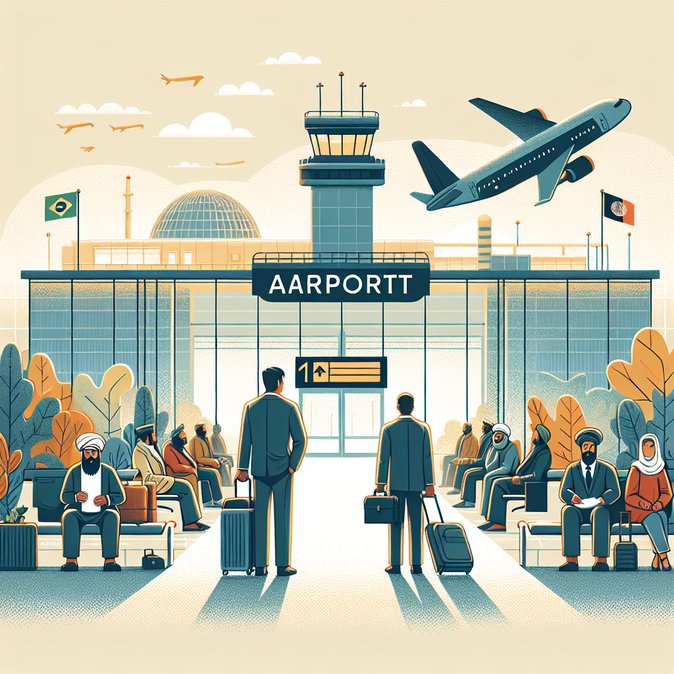
More than two years after the Taliban takeover, Brazil remains one of the few countries offering humanitarian visas to Afghans—yet the on-the-ground reality at São Paulo/Guarulhos International Airport tells a story of bottlenecks and under-resourced reception. On 22 October 2025, local outlet Omaringa reported that at least sixty Afghan nationals, including children, were still camped in Terminal 2 next to the Humanised Migrant Assistance facility. While municipal officials managed to relocate six people to the Ebenezer Special Assistance Centre that morning, dozens remained on blankets and cardboard as the second day of Ramadan unfolded.
Under Ordinance 24/2023, Afghan applicants receive two-year humanitarian visas from Brazilian consulates in Tehran, Islamabad and Ankara, but arrival numbers have outpaced federal funding for onward accommodation. Guarulhos airport has become an ad-hoc waiting room where NGOs provide food, legal triage and medical care until beds open in state-run shelters.
The situation poses reputational and practical challenges for Brazil’s progressive mobility agenda. Employers interested in hiring Afghan talent under the new Visitor-Technical rules must factor in additional relocation support, while the Ministry of Justice faces pressure to accelerate the rollout of its promised National Reception Centre scheduled for early 2026.
Human-rights lawyers also warn that prolonged stays in transit areas may violate the UNHCR’s standards for dignified reception. A coalition of civil-society groups has filed an amicus brief with the Federal Public Defender’s Office requesting emergency injunctions to compel federal funding for more shelter beds.
For global-mobility managers, the episode underscores the importance of coordinating with local partners before sponsoring humanitarian-visa holders: temporary accommodation, CPF registration slots and language support should be secured prior to arrival. Failure to do so can lead to delayed onboarding and reputational risk for multinational employers.
Under Ordinance 24/2023, Afghan applicants receive two-year humanitarian visas from Brazilian consulates in Tehran, Islamabad and Ankara, but arrival numbers have outpaced federal funding for onward accommodation. Guarulhos airport has become an ad-hoc waiting room where NGOs provide food, legal triage and medical care until beds open in state-run shelters.
The situation poses reputational and practical challenges for Brazil’s progressive mobility agenda. Employers interested in hiring Afghan talent under the new Visitor-Technical rules must factor in additional relocation support, while the Ministry of Justice faces pressure to accelerate the rollout of its promised National Reception Centre scheduled for early 2026.
Human-rights lawyers also warn that prolonged stays in transit areas may violate the UNHCR’s standards for dignified reception. A coalition of civil-society groups has filed an amicus brief with the Federal Public Defender’s Office requesting emergency injunctions to compel federal funding for more shelter beds.
For global-mobility managers, the episode underscores the importance of coordinating with local partners before sponsoring humanitarian-visa holders: temporary accommodation, CPF registration slots and language support should be secured prior to arrival. Failure to do so can lead to delayed onboarding and reputational risk for multinational employers.

